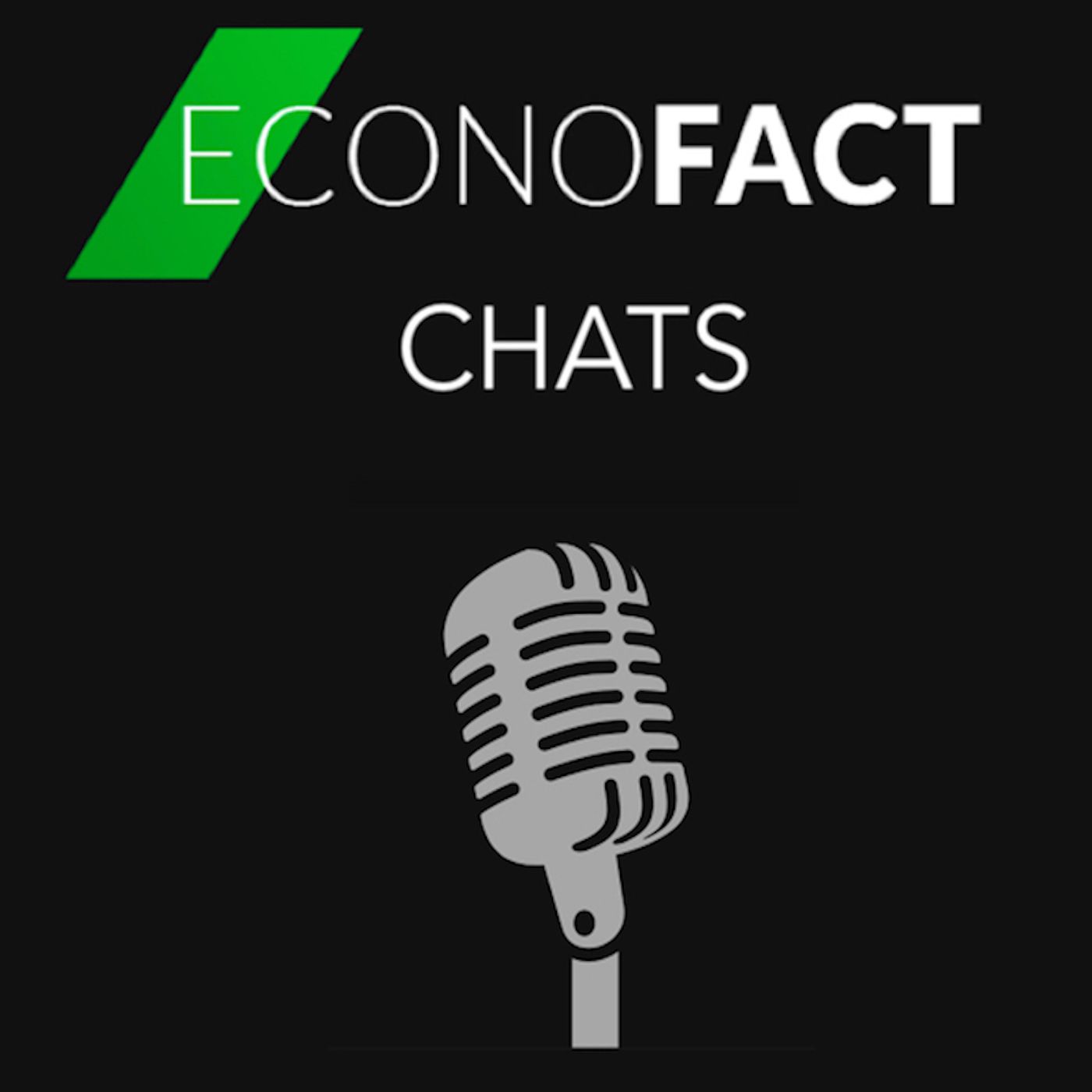Understanding the Role of the IMF in the World Today
Founded with the mandate of overseeing a stable international currency system in the Bretton Woods era, over the last decades, the International Monetary Fund (IMF) has seen its role shift to coordinating debt relief. Often, such debt relief has been contingent on spending cuts, and other measures that put a stressed country's balance sheet on more stable footing. IMF conditionality is viewed by some as necessary medicine, and by others, as punitive. But how did the IMF come to be the arbitrator of crisis countries' policies? How does the IMF operate? And has it been capable of self-analysis, and when necessary, change its approach? Charles Collyns joins EconoFact Chats to discuss these issues. A Senior Advisor at EconoFact, Charles previously served as the Director of the Independent Evaluation Office at the International Monetary Fund, and before that, as Chief Economist at the Institute of International Finance. He was the Assistant Secretary for International Finance at the US Treasury Department from 2010 to 2013.

